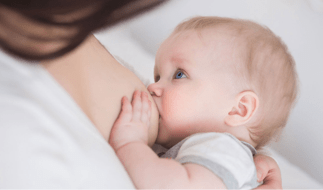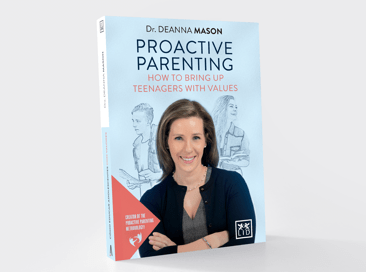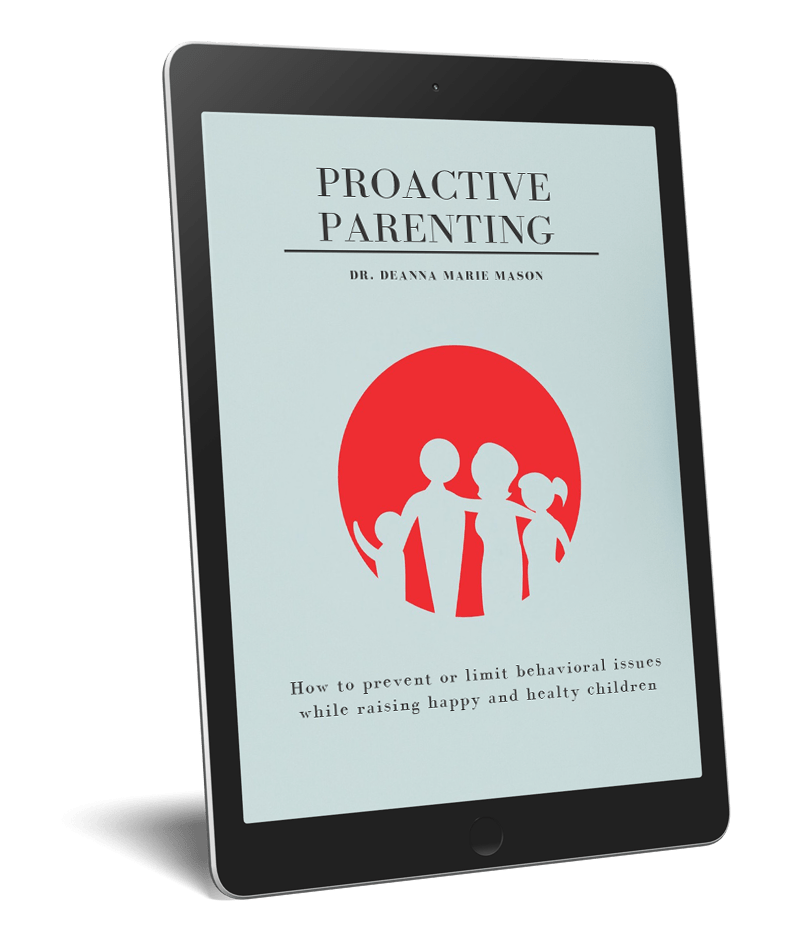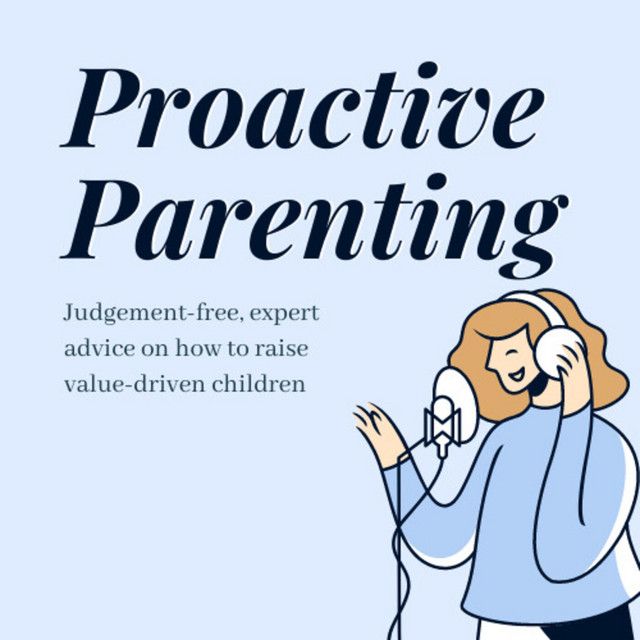If you change, your child changes too
The solution to your problems resides in you
Doctorate (PhD) in vulnerable and diverse populations, certified pedriatric nurse practitioner, developmental expert and mother
I have observed that many of the behavioral and developmental problems in children and adolescents starts from how they are being parented. During my 25 years of experience. Parents are the ones who need to change habits, improve their relationship with their children and re-learn what raising children and parenting means in order to transform the family from its roots and bring it into harmony.
According to systems theory, whenever a part of the whole changes itself, the rest is changed as well in order to adapt to the original change. I want you to be the source of change in your family. You’ll be amazed to see how your family system changes with you.
My online courses prepare you to take care of your baby in the best possible way

MasterClass: Complete Newborn Care
Includes 8 lessons.
The essential guide for new parents – your comprehensive companion for the first three weeks of life, and beyond…
View contents
MasterClass: Breastfeeding Bootcamp
Includes 16 lessons.
Unlock the secrets to safe & confident breastfeeding, including how to overcome challenges along the way.
View contentsFind the book that
your needs

How to Keep Your Teen From Becoming a J@ck@$$
Deanna Marie Mason PhD
This practical hands-on book explains how to help teens in the process of finding themselves as they grow into adulthood. It is a unique, special guide because it shares teens’ perspectives on what they need to become the people of their dreams…
View contents
Proactive Parenting: How to Raise Teenagers with Values
Deanna Marie Mason PhD
Cyberbullying, sexting, alcohol, drugs, unwanted pregnancies, bullying, academic disinterest, and eating disorders are just some of the worries parents face today. However, these situations or behaviors can be avoided if children are educated in values…
View contentsDo you relate to any of these situations?
- Your baby isn’t eating or sleeping properly. You’re exhausted and not performing well at work.
- Your self-esteem as a parent is at a low because you don’t know how to set limits at home.
- You don’t even want to think about holding conversations about sex or drugs with your adolescent children. It just stresses you out.
- Your innocent children have started to get the better of you and take control in the family. You waste all your energy trying to get that control back.
You might think that there’s no answer to your children’s behavioral and developmental problems, but breathe deeply: there is one.
And I’m going to help you find it.
Hey there! I’m Deanna Marie Mason PhD and I’m going to help you get your family harmony back.
Nobody said that parenting was going to be easy. You do the best you can, but the results are not always what you wanted and this makes you feel frustrated and guilty.
Doctors, family, friends… and the internet. Whenever you have a problem with your children, you get different advice from each of these. You feel overwhelmed and confused by such a huge amount of information. In the end, you chose the easy way: if my baby doesn’t sleep, I try to be confident that he will eventually do so. If my child misbehaves, I tell them off. If they don’t study, I ground them until they study.
All these methods are aimed at modifying their behavior. This is why they don’t work: you can’t change your child. But you can change yourself.
When you change, your child follows.
Shall we start with you?

With my Proactive Parenting method, you will learn to:
Make the best choices about how to raise your children.
Solve and prevent any behavioral problem.
Raise happy and healthy children while accompanying them throughout the process.
Create a stable and happy family environment.
This is what my clients say about me

Thanks to my Proactive Parenting method, you will learn how to solve and prevent your child’s behavioral and developmental problems for them to grow up to be happy and for you to get back the wellbeing you deserve.
Subscribe to my newsletter and receive my eBook, Proactive Parenting, for free to find out how to be the change you want to see in your child.















